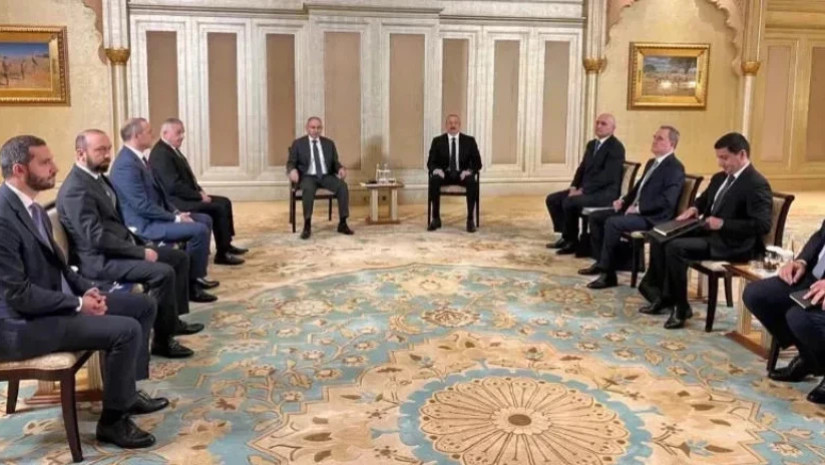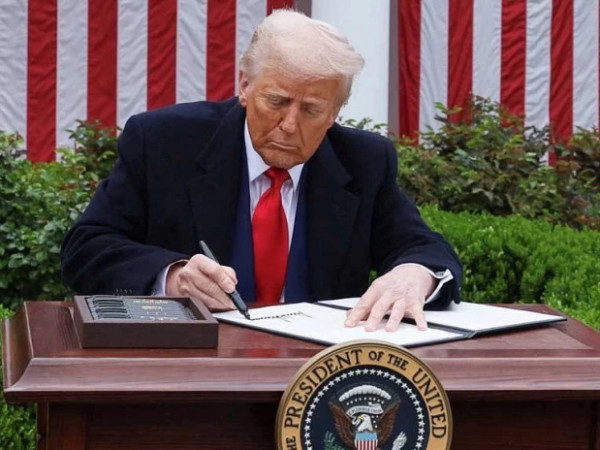As Russia continues its war against Ukraine, its position in the South Caucasus has sharply deteriorated. What’s behind the growing tensions between Russia, Azerbaijan, and Armenia?
Russian security forces are brutally detaining dozens of Azerbaijanis, while in Azerbaijan, FSB (Federal Security Service) agents are being aggressively arrested. Russian Z-bloggers are calling for missile strikes on Baku and spreading claims about "filthy Azerbaijani Nazis." Meanwhile, Armenian priests are reportedly trying to topple the current government, the prime minister has scandalously suggested exposing himself to the head of the national church, and Armenia's authorities are considering banning Russian propaganda channels.
These explosive developments, unfolding in just the past few days, illustrate how rapidly Russia is losing its grip on the South Caucasus. Until recently, Moscow's standing in the region seemed relatively stable. Russia had even managed to tighten its influence in what was considered the least friendly country of the region, Georgia, where mass protests against election fraud ended without results.
At the same time, the Kremlin’s ties with Azerbaijan and Armenia had long appeared solid. But now, two simultaneous crises are quickly pulling both countries away from Moscow.
The conflict between Baku and Moscow was triggered by the detention of over 50 Azerbaijani citizens in the Russian Yekaterinburg over a decades-old unresolved criminal case. Two of them died shortly afterward. According to the Russian-issued death certificate for one of the men, Ziyaddin Safarov, the cause of death was listed as acute cardiopulmonary failure. However, an Azerbaijani forensic examination revealed that Safarov had died from multiple fractures and severe traumatic shock.
The Azerbaijani government sharply condemned Russia's actions. Furthermore, all cultural events planned by the Russian state and private organizations were canceled.
Soon after, two Russian FSB agents operating under the cover of the propaganda agency Sputnik Azerbaijan were detained in Baku. In addition, Azerbaijan's prosecutor's office opened a criminal case against Russian security officials for torture and murder - a move unprecedented in Azerbaijan, where even Baku itself has faced criticism from human rights activists.
The Yekaterinburg incident could have been written off as a rogue action by incompetent local law enforcement. That's the narrative pushed by Moscow’s central authorities. However, several details suggest otherwise.
First, the criminal case linked to the murders for which the Azerbaijanis were detained is 24 years old. Second, Russian propaganda outlets immediately launched a hysterical campaign, talking of "Azerbaijani Nazis" and even suggesting that "Baku is a Russian city." Moreover, similar arrests of Azerbaijanis have occurred in other Russian cities, suggesting a clear political motive.
Azerbaijan had previously tried to balance between different power centers in the South Caucasus, including Russia. There were many reasons for this: a desire to use Russia as a counterweight to Türkiye and other influential players, as well as purely economic considerations. At one point, even the idea of selling Russian gas to Europe under the guise of Azerbaijani supplies was floated. And most significantly, there's the issue of the diaspora: an estimated 1.5–2 million Azerbaijanis live in Russia.


















